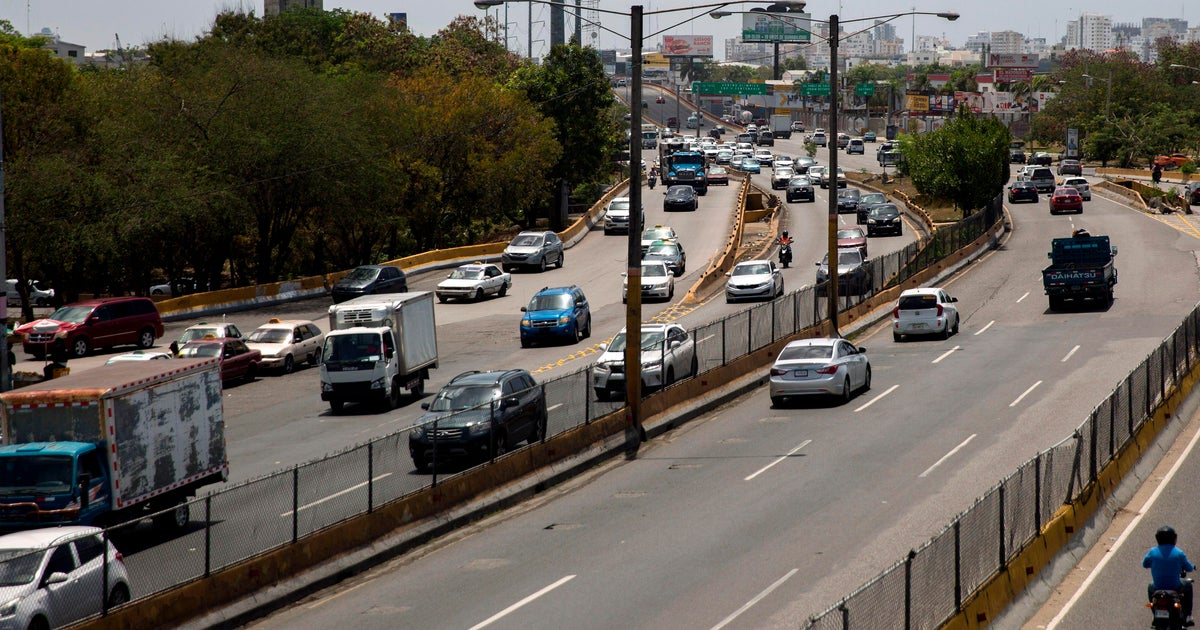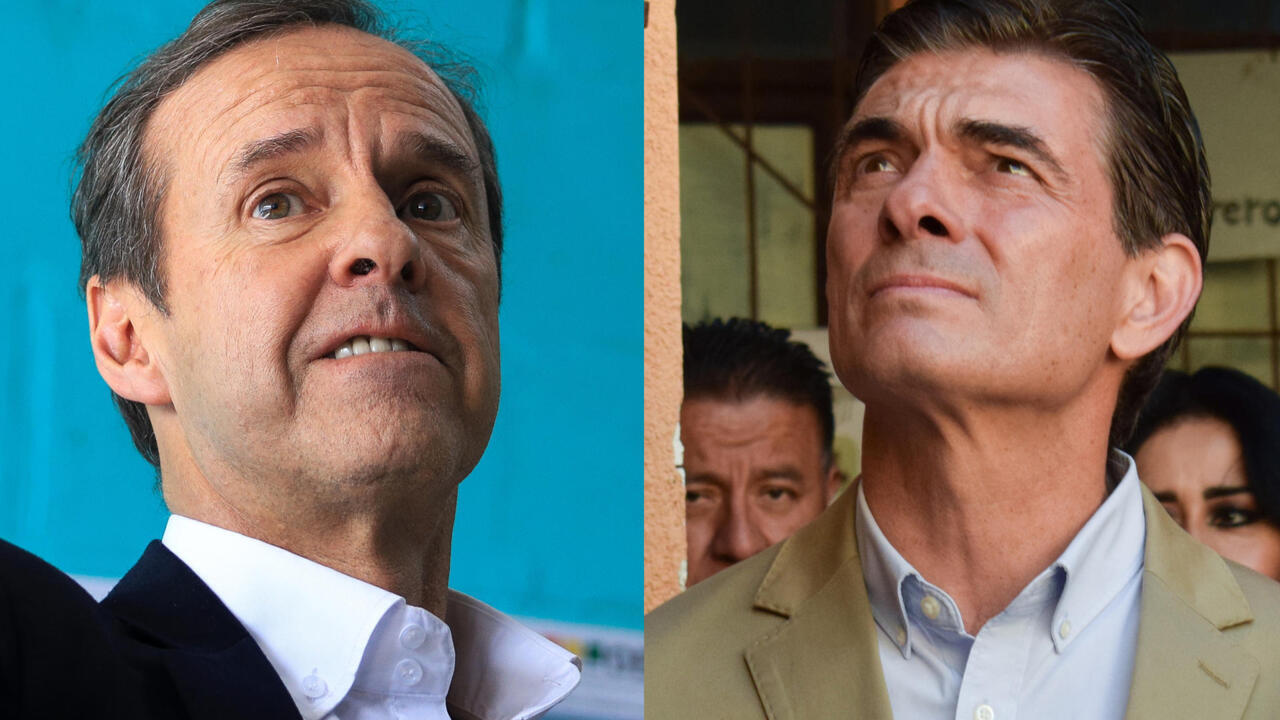 Maria Adriana Cordeiro de Melo says accelerated implementation of climate action is the only way to save a planet increasingly threatened by escalating climate change. Credit: Joyce Chimbi/IPS
Maria Adriana Cordeiro de Melo says accelerated implementation of climate action is the only way to save a planet increasingly threatened by escalating climate change. Credit: Joyce Chimbi/IPS
BELÉM, Brazil, November 11 (IPS) - “Devastating climate damages are happening already, from Hurricane Melissa hitting the Caribbean, Super Typhoons smashing Vietnam and the Philippines to a tornado ripping through Southern Brazil,” said Simon Stiell, Executive Secretary of UN Climate Change, on the eve of COP30 in the Amazonian City of Belém. “This is why COP must achieve three things: It must send a clear signal: nations are fully on board for climate cooperation—that means agreeing to strong outcomes on all the key issues.”
“It must speed up implementation across all sectors of all economies.”
The issue of implementation is a pressing concern for many delegates from the global South, where climate disasters are occurring more frequently and with alarming intensity. The Road to Belém is laid with layers of ambitious actions and outcomes. The Baku-Belém Roadmap is a plan to mobilize at least USD 1.3 trillion annually in climate finance for developing countries by 2035.
It was jointly developed by the COP29 and COP30 presidencies—Azerbaijan and Brazil—and serves as a strategic guide rather than a binding document. The roadmap outlines five priority areas for action: replenishing grants, rebalancing fiscal space, rechanneling private finance, revamping capacity, and reshaping systems for equitable capital flows.
But, despite COP30 opening with a strong commitment to a new era of global action defined by “implementation, inclusion and innovation,” many, like Maria Adriana Cordeiro de Melo, a Party Overflow representative from Brazil, say the present is also the time to revisit progress towards delivering past promises.
On the table today are thematic focus areas such as adaptation, cities, infrastructure, water, waste, local governments, bioeconomy, circular economy, science, technology, and artificial intelligence. This points to COP30 continuing its focus on turning ambition into implementation by advancing the solutions driving systemic change, in real places, led by real people.
Announcements during the official opening embody climate action that connects daily life, such as accelerated progress on housing, water, waste reduction, buildings, infrastructure, and governance. With the Summit’s main agenda focusing on accelerating climate action to meet the 1.5°C goal through new national climate plans, delivering on finance pledges, and advancing a global roadmap for climate finance and other key pillars such as adaptation and technology.
Cordeiro de Melo spoke to IPS about fixing broken promises and, more so, for the world’s Indigenous people on the frontlines of climate change. Particularly, there is growing disquiet over what the global South views as the “broken promise of the Loss and Damage Fund” due to the gap between the fund’s goals and its slow, inadequate progress, especially in securing pledged funding and making it accessible to vulnerable communities.
Critics argue that pledges have not been fully delivered, and the fund’s operational issues, like a lack of clear commitments and insufficient non-debt-based financing, have left developing nations struggling with the escalating impacts of climate change.
During COP27 in 2022, countries agreed to establish new funding arrangements for assisting developing countries that are particularly vulnerable to the adverse effects of climate change. At COP28, countries reached a historic agreement on the operationalization of this fund. The World Bank would operationalize the Fund as a World Bank-hosted financial intermediary fund (FIF) for an interim period of four years.
 Status of the Loss and Damage fund. Source: Seventh Meeting of the Board of the FRLD
Status of the Loss and Damage fund. Source: Seventh Meeting of the Board of the FRLDDeveloping countries need financial and technical support to address both economic and non-economic loss and damage from climate change, which includes costs for rebuilding infrastructure, recovering from lost livelihoods, and addressing intangible losses like cultural heritage and trauma.
These needs are driven by both sudden-onset disasters like floods and slow-onset events like sea-level rise, particularly when existing adaptation measures are insufficient or inaccessible due to a lack of resources. The Loss and Damage funding needs, entitlements and necessary contributions can be quantified using climate economics coupled with historical responsibility principles.
For the year 2025, total Loss and Damage funding needs are estimated to be USD 395 billion. Only USD 790.24 million has been pledged to the Fund and just over 50 percent (USD 397.74) of that has been paid in. In a move that delegates say sends the wrong message, in March 2025, the Trump administration announced that the United States would withdraw from the UN’s “loss and damage” fund, citing a directive to pull out of international climate initiatives.
Overall, leaders of the world’s three biggest polluters—the United States, China and India—are not attending COP30. But the COP30 leadership seems determined to push forward with the Rapid Operationalization of the Fund for Responding to Loss and Damage, among its key actions and outcomes.
Thus far, operationalization of the Fund for Responding to Loss and Damage (FRLD) has, in record time, issued its first USD 250 million call for proposals, moving from design to operation and opening a crucial channel of support for developing countries at the frontlines of climate change.
“This is a COP of implementation. Today, we have big news on that front. Loss and Damage, which was only recently established at COP28, has started working. They’ve put out a USD 250 million call for proposals, showing the speed at which this fund—created less than two years ago—is already moving into implementation,” said Ana Toni, CEO of COP30.
IPS UN Bureau Report
© Inter Press Service (20251111182744) — All Rights Reserved. Original source: Inter Press Service

 2 hours ago
1
2 hours ago
1










 English (US) ·
English (US) ·